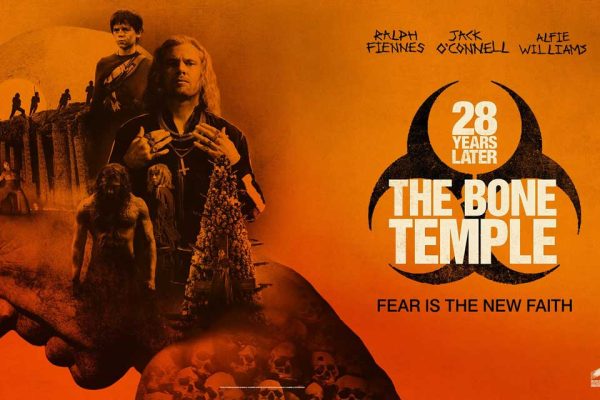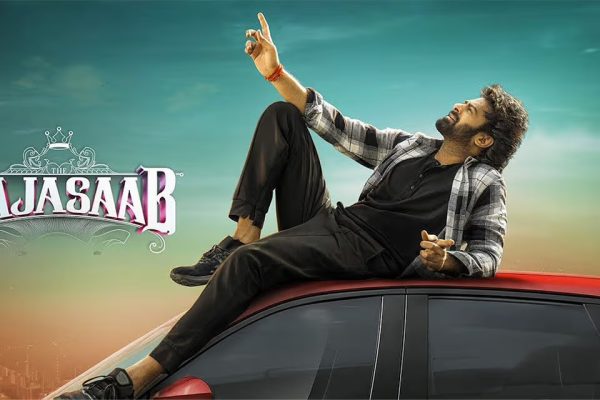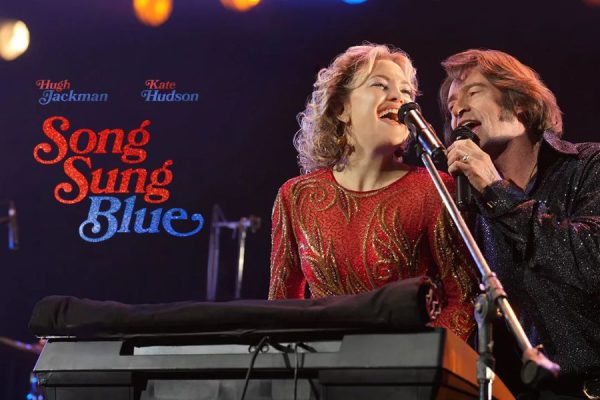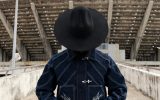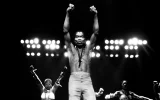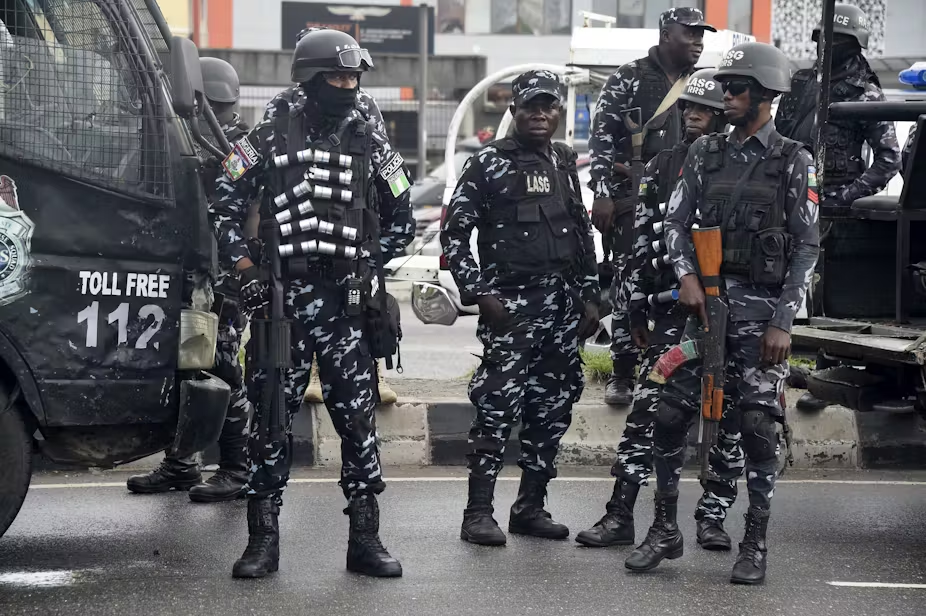As part of YNaija’s coverage of the launch of Queen Sono, the first Netflix original scripted series from Africa, our editors joined a roundtable of journalists from across the continent to speak with Enhle Maphumulo who plays Nova and Khathu Ramabulama who plays William to discuss their on-screen chemistry, their hopes for the show and the possibility of a second season.
Larger than life with boisterous voice and true chairmas, Enhle and Khathu are primed to become the next TV darlings.
YNAIJA
You’ve just come off four years giving life to a complex transgender character who transitions during the show on the South African soap Generations, to a character on Queen Sono who leads a covert ops team.
Both are incredibly challenging roles that you have to give life to and very different from each other. What draws you to a role
CHI MHENDE
Well, first off its starts with a casting director trusting me to come on to their project.
I have always taken any opportunity to transform myself from my own meagre existence and knowledge. My work teaches me. I had never been exposed to trans culture when I started my role on Generations. Here I am, 5 years later with such deep, rich knowledge and respect for the struggles of trans people. I did not know any spies, and I do not know any spies but I understand a little better, what moves Miri, the Director General of the Special Operations Group (SOG). To be able to own myself and voice in Miri’s body is what Miri taught me.
I often have to step into characters that are nothing like me, and I work very hard to each character to life with what I have and have learnt. With each portrayal, I like to celebrate what makes me feel stronger, and that is possibly what the audience connects to in each character that I portray.
YNAIJA
Miri challenges the erasure of women in positions of power and influence, especially in Security forces and Intelligence operations in Africa. But she isn’t just a genderswap of the conventional tropes around spies, she shows empathy, she has a complicated personal life, and she finds a balance between grit and intelligence.
What was your process for playing her and how did you manage to keep her tough but vulnerable?
CHI MHENDE
A lot of it was really brilliant writing. The script was so good, it came off the page very easily. Outside of the script, I feel my way into the kind of person my character is by having a lot of fun with what my character wears. I think this preference comes from my theatre training. I was always taught that the shoes are the foundation of how you build a character, and then into the wardrobe. Making those choices are important for an actor.
I specifically went with very uncomfortable clothing, I wore a corset, I wore a wig, I had very tight shoes and heels. Kagiso also had significant input into how the character was portrayed but he also encouraged my creative interpretation. Hairspray was my best friend on set because Miri is very particular about her appearance. It was all like armor; everything kept me restricted and helped me remember what to show of Miri and how to stay physically present in the character.
You speak about her empathy, how could I bring that into the role? A lot of it was feeling the essence of Sechaba ___ as Dr. Sid, my own fragilities as a woman, a performer & artist and of course Pearl. She is someone I have looked up to for the longest time, and to work closely with her and see her be so vulnerable on screen, how could I not reciprocate as Miri.
YNAIJA
Queen Sono challenges a lot of film tropes because it passes the Bechdel test, It has strong female leads and female rivalry that doesn’t revolve around a man and its female characters, including Miri are complex and layered and often disappoint us. Do you worry that some people might become so fixated on this that they miss the larger point of the series?
CHI MHENDE
I’m not worried at all, because I think you’re right. Our story centers women so some people will qualify it as ‘feminist’. Even our director, I know Kagiso wouldn’t qualify himself like that, but he seriously advocated for equality on the set, in front of and behind the camera. I think it’s time that we saw women fight for something other than the attention of men, and I think it’s time that we acknowledge the fact that women fight for the world and that fight on all fronts is the reality of our lives as women.
Women are fighting from the minute they are born and they are birthing. I am not worried about what people are going to say, because I know they are going to see the truth of their own existence in our characters. For those who are going to want to feel or say that there is too much feminism in Queen Sono, I think it’s time for them to experience truth.
YNAIJA
Queen Sono is a proudly South African production, but concurrently there are also Netflix supported projects from Nigeria. Both film industries seem to be moving concurrently. I believe that you are one of the few actresses that bridge that parallel between industries because you come to your characters with curiosity and openness.
Is there any Nollywood in your future?
CHI MHENDE
Thank you so much for that question. I grew up watching Nollywood films, especially Genevieve Nnaji. You say I come to characters with openness; I would welcome Nigeria opening their arms to me, I would take that opportunity in a heartbeat.
Is there a possibility of a career in Nollywood for me? 100%. No need to even call me, I’ve already answered the email.
YNAIJA
Now that you’re a global debut as a principal character in a groundbreaking project, I’d imagine many items on your bucket list are being crossed out. What would be your dream project going forward?
CHI MHENDE
I have two; one that I have prayed about very strongly and hope to see come to light. I’m choosing to interpret you asking this question as the universe asking me to put this dream out there. I have a very strong attachment to the stories of First Ladies and opinions on how they are portrayed in film and television media.
The second is simple; I want to play a superhero. We’ve seen Catwoman and Storm (both played by Halle Berry). We’ve seen Black Panther and we’ve seen Danai Gurrira (shout out to a fellow Zimbabwean woman) but I would like to see a Marvel character that is portrayed by an African actress, whose career is predominantly grown on the continent. That would be truly interesting.






